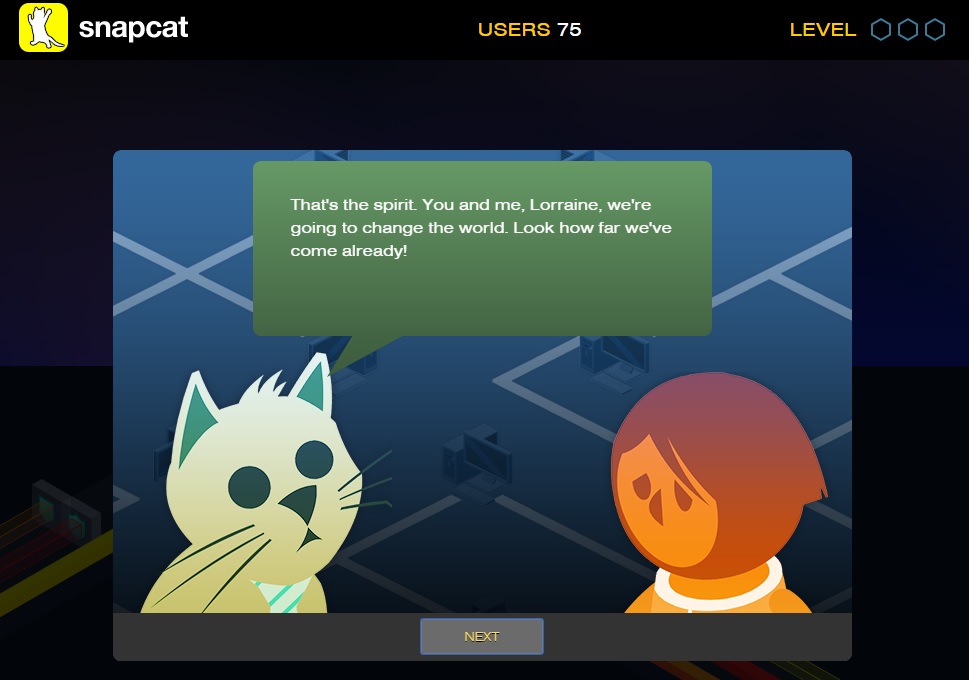Ever wondered what goes on in some of the laboratories at Brighton University? Well, now’s your chance to find out!
A number of our labs are opening their doors during May’s Festival of Postgraduate Research to allow curious doctoral students to step inside, explore and find out about the work being conducted by some of their fellow researchers. Places are limited so book early.
Tour of Sport and Exercise Science Laboratories, Eastbourne
Tuesday 16 May, 15.15 – 16.30, Welkin Laboratories
SESAME (Centre for Sport and Exercise Science and Medicine)
Do you fancy experiencing your heart beating slightly faster at simulated altitude at rest or during a gentle walk? Immersed in our altitude chamber, we can assess the capacity of your blood to bring oxygen to your body cells in real time (pulse oximetry). Do you prefer the Brecon Beacons (886 m > sea level; 90% of the oxygen available at sea level) or 10 times higher (Mount Everest, 8848 m > sea level; 33% of the oxygen available at sea level)?
If the mountains are not your thing why not experiencing a warm and humid environment (Environmental chamber)? Thailand? Rio 2016? Take a break with ice cubes in your ice tea or dressed up as a fireman and see what it’s like to walk in a + 35-degree environment (one of our PhD student’s research topic!).
How do you feel? How do you really feel? Some of our research students are interested in human’s ability to “read” our own body sensations at rest and during exercise (interception) and why / whether some of us are good / not so good at it. Are you good at sensing your own body (another of one of our PhD student’s topic)?
Have you always wanted to know what it feels like to be a goal keeper? Experience our 180 degrees immersion screen!
Our brain controls our muscles during exercise (stating the obvious here!) and information from different parts of our body (heart, lungs, muscles) is sent back to the brain to close the loop. How does this work? How do we study this? What is the difference between a gentle walk around the shops, the last 500m of a marathon, and Chris Hoy spinning around the track? Ask our PhD student Lisa during your visit. She measures the level of fatigue within exercising muscles at different exercise intensity levels. We use some cool technique such the Transcranial Magnetic Stimulation. Simple, we zap the brain and see if the muscles respond!
Of course, you don’t have to be electrically stimulated during your visit if you come. In fact, you can just watch, listen, have a walk around our facilities, and discover what we do at the Centre for Sport and Exercise Science and Medicine. Our research students will talk you through some of our work.
Driving Simulation Suites, Moulsecoomb
Thursday 18 May, 13.15 – 14.15, Cockcroft, C407
Want to take to the skies without leaving the ground or whizz around a racetrack, no crash helmet required?

The School of Engineering’s Vehicle Simulation Suite offers you the opportunity to do just that. Step inside the fuselage of an aircraft salvaged from a crash site in France and fly along the virtual south coast. Don an Oculus Rift headset and immerse yourself in the experience of taking (or losing!) control of a plane or racing car, enhanced by a six degree motion simulation platform.
Sign up to register then drop in at any time during the open hour to try out some of Engineering’s giant toys highly sophisticated vehicle simulation equipment.
Security Labs, Moulsecoomb
Thursday 18 May, 13.15 – 14.15, Watts Building, 619A
SenSe (Secure and Dependable Software Systems)
Imagine you were chief technology officer of a new social network company and you discovered cyber attackers were trying to bring you down? Where would you put your resources? How would you strengthen your defences?

In this online-gameplaying session, you’ll compete a series of challenges to secure your company. You’ll crack passwords, craft code, and defeat malicious attacks.
Featuring games developed by NOVA Labs, this guided workshop offers you the chance to learn how to keep your digital life safe, spot cyber scams, understand the basics of coding, learn about cryptography (cyber codes) and defend against cyber attacks.
You do not need any prior knowledge, just an interest in learning by playing.
Sign up to book a 30 minute session (places limited).


